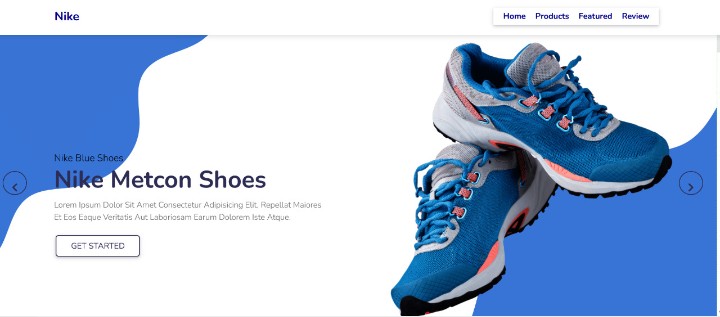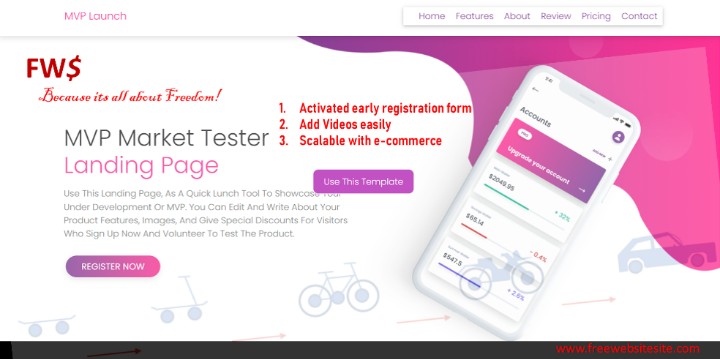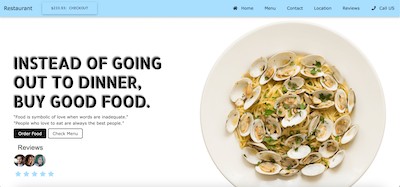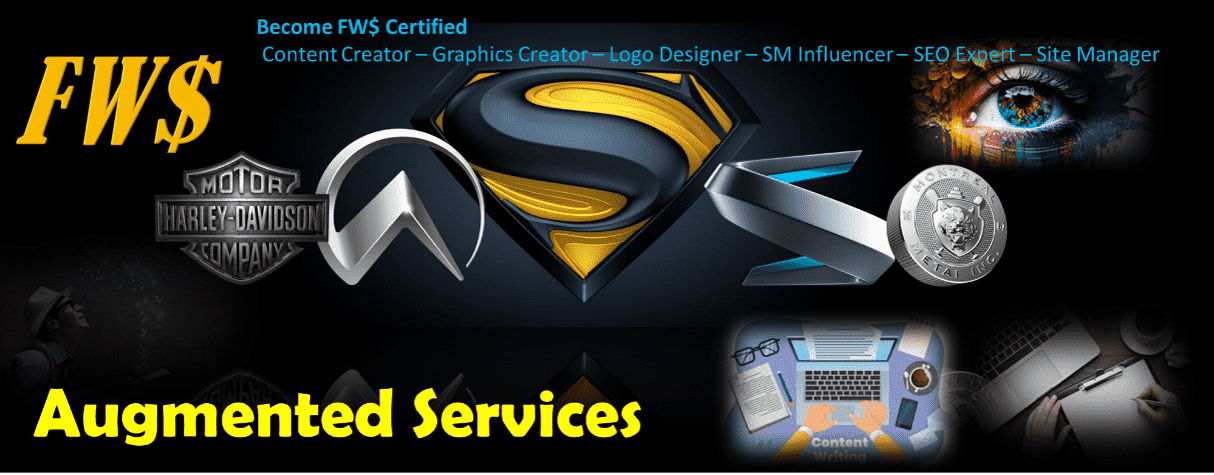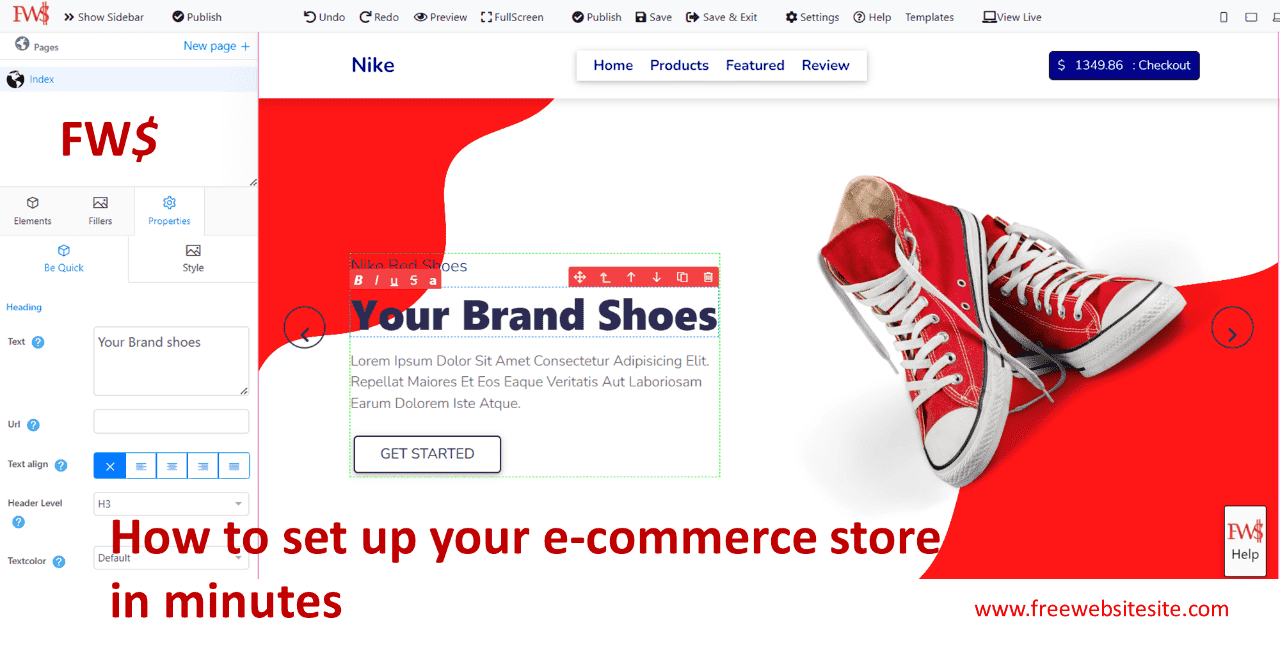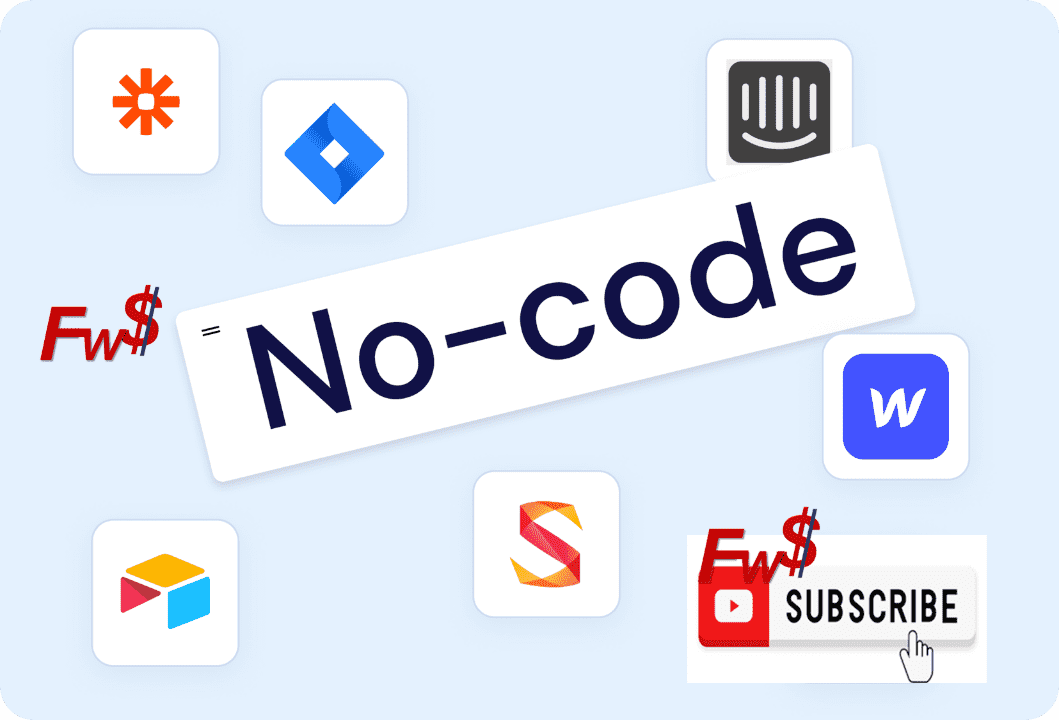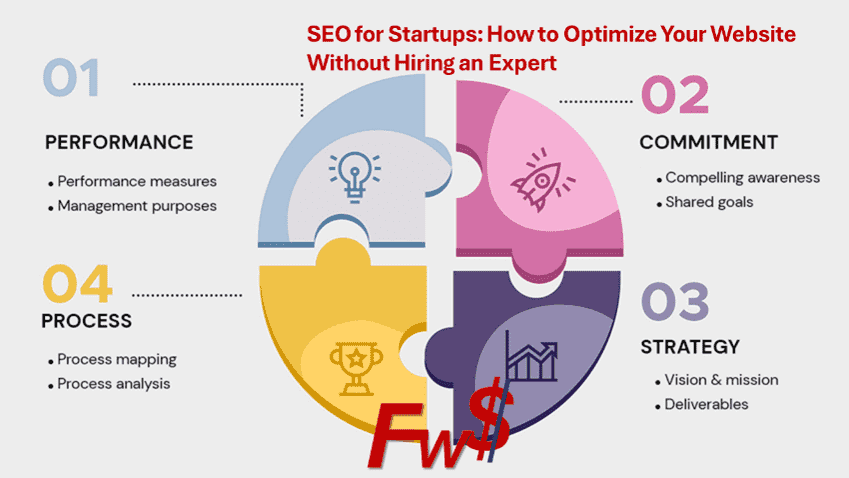How to Drive Traffic to Your New Startup Website for Free a free Guide by FreeWebsiteSite made for Startups and Entrepreneurs
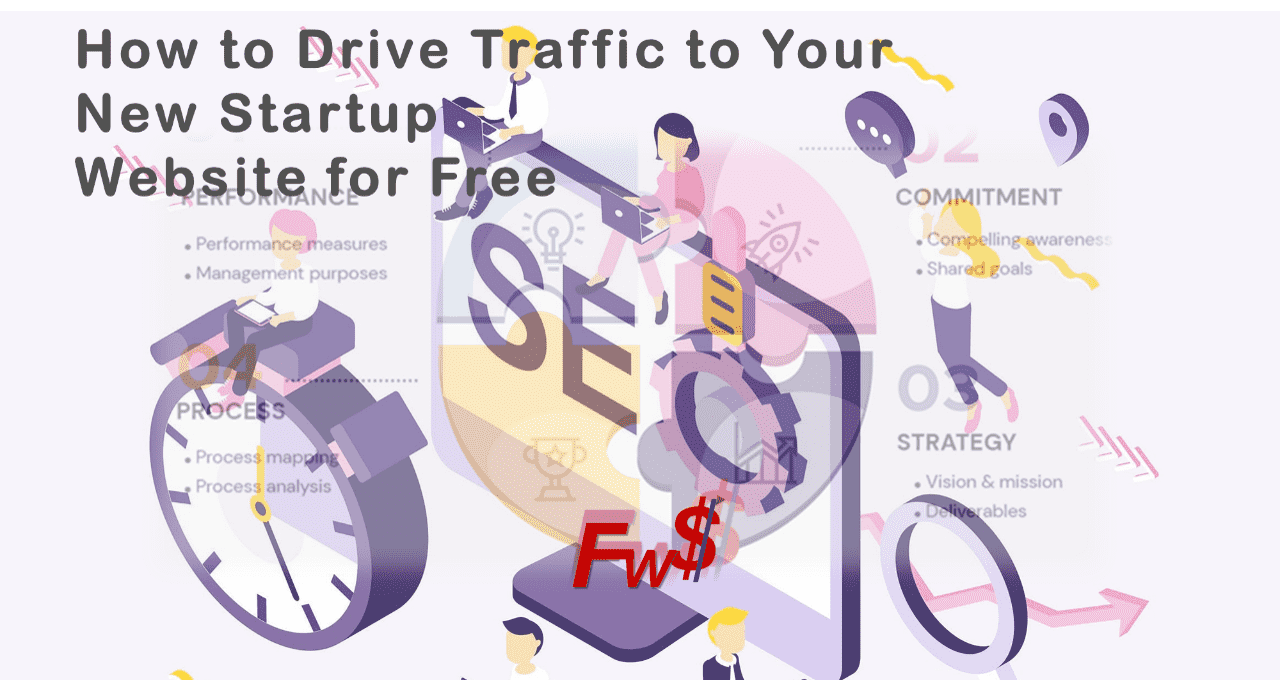
Driving traffic to a new startup website without spending on ads requires leveraging a combination of organic strategies, a robust content marketing plan, and SEO techniques. Here's a deep dive into strategies that have proven effective, based on top-ranking web pages in this space, and how you can implement them for free.
1. Optimize Your On-Page SEO
What is On-Page SEO, and why is it critical?
On-page SEO refers to optimizing individual pages on your website to make them more search engine-friendly. This involves optimizing meta tags, headlines, keyword placement, and internal linking structures. It is crucial because a well-optimized page ranks higher in search results, improving visibility.
How can you apply On-Page SEO for a startup site?
- Keyword Research: Identify keywords relevant to your niche. Use tools like Google Keyword Planner or Ubersuggest to find terms with high search volume and low competition.
- Meta Descriptions & Titles: Ensure every page has a unique meta description and title with target keywords.
- Content Quality: Create high-quality content with natural keyword usage. The content should be useful, engaging, and original.
- URL Structures: Keep URLs short, relevant, and include your keywords.
Statistics: According to Backlinko, pages that rank first on Google have an average of 1,890 words. In-depth content tends to rank better and attract more backlinks.
2. Leverage Social Media Channels
How does social media drive traffic for startups?
Social media platforms such as Instagram, Facebook, Twitter, and LinkedIn provide avenues to engage with your audience, promote your content, and drive traffic. The key is consistency and sharing content that resonates with your target audience.
Steps to leverage social media effectively:
- Content Sharing: Regularly post blog updates, infographics, or behind-the-scenes content.
- Engagement: Interact with your followers, ask for feedback, and encourage user-generated content.
- Hashtags and Trends: Utilize trending hashtags or topics relevant to your business for broader reach.
Statistics: A study by Hootsuite shows that 52% of all online brand discovery happens on social media, indicating its importance for new businesses.
3. Content Marketing and Blogging
How does content marketing help in driving traffic?
Blogging is a long-term strategy to create valuable content that solves users’ problems. Search engines reward high-quality, relevant content, leading to better visibility and, ultimately, more organic traffic.
Tips for effective blogging:
- Consistency: Post regularly and cover a range of topics in your industry.
- Guest Blogging: Reach new audiences by contributing to established blogs in your niche.
- Internal Linking: Link your blog posts to each other to reduce bounce rates and increase session duration.
Case Study: A study by HubSpot reveals that companies with blogs generate 55% more visitors compared to those without blogs. Startups that produce consistent, relevant content establish authority and attract more inbound traffic.
4. Collaborate with Other Websites
Why is collaboration important for driving traffic?
Collaborations, including guest blogging and link exchanges, can exponentially increase your website’s exposure by tapping into new audiences. It also provides valuable backlinks, which improve your site's SEO.
How to collaborate effectively:
- Guest Blogging: Write high-quality guest posts for reputable websites in your niche.
- Joint Webinars or Podcasts: Partner with influencers or complementary businesses to host joint webinars or podcasts.
- Referral Traffic: Collaborate with businesses that have overlapping audiences for mutual promotion.
Statistics: According to research, websites with higher authority that receive more backlinks see a 97% increase in traffic compared to those with fewer links.
5. Utilize Email Marketing
How does email marketing drive website traffic?
Email marketing remains a powerful tool for building relationships with potential customers. By nurturing your audience with informative content and offering value, you can drive repeat visits and promote your new blog posts or products.
Steps to get started:
- Build an Email List: Use lead magnets like free ebooks, checklists, or webinars to grow your email list.
- Email Content: Send regular newsletters with updates on new content or products.
- Calls to Action: Include links to blog posts or landing pages in every email.
Case Study: A study by Campaign Monitor shows that email marketing generates $38 for every $1 spent, and it’s one of the most cost-effective ways to retain and engage customers.
6. Guest Blogging and Backlinks
Why are backlinks essential for SEO?
Backlinks are links from other websites that point to your site. They are vital for improving domain authority, which helps you rank higher on Google. Guest blogging is a great way to acquire backlinks.
How to acquire backlinks:
- Write High-Quality Guest Posts: Focus on writing for websites with high domain authority in your industry.
- Reach Out to Influencers: Collaborate with influencers or websites that are willing to link to your content.
- Create Linkable Content: Develop content like infographics, research studies, or how-to guides that other websites would find valuable to link to.
Statistics: According to Semrush, websites with more backlinks rank higher in 91% of cases. Thus, having a strong backlink profile is crucial for traffic growth.
7. Online Directories and Listings
How do directories help drive traffic?
Listing your startup website on reputable online directories improves your visibility and drives referral traffic. Ensure that your business information is consistent across all directories.
How to utilize online directories:
- Sign up for Google My Business: This is crucial for local SEO and getting your site on Google Maps.
- Join Niche-Specific Directories: For example, if you are a tech startup, consider joining directories that cater specifically to the tech industry.
Statistics: According to Moz, listings management accounts for about 15% of Google’s local ranking factors. This shows the importance of consistency in online directory listings for local businesses.
8. Engage in Forums and Online Communities
Why are forums and communities important for traffic?
Participating in niche forums like Reddit, Quora, or industry-specific groups can position you as an expert and drive traffic to your site when you share helpful insights and link back to relevant content.
How to contribute to forums:
- Be Authentic: Provide real value in your responses, without overtly promoting your site.
- Link to Your Content: When relevant, share links to your blog posts or landing pages.
- Engage Regularly: Consistency and active engagement will help you build trust within the community.
Case Study: According to a survey, Quora users have seen an increase in website traffic by providing expert advice and including relevant backlinks to their website. The key is to focus on value first and subtle promotion second.
Conclusion: SEO Is Key, and It's Free but will you follow us and do it?
Driving traffic to a new startup website without a budget is highly achievable if you combine on-page SEO, content marketing, social media engagement, and backlink strategies. Each of these techniques works best when applied consistently over time, with a focus on high-quality content that solves real problems.
Startups that invest time in free traffic-driving methods can build a strong foundation that will lead to long-term growth.
